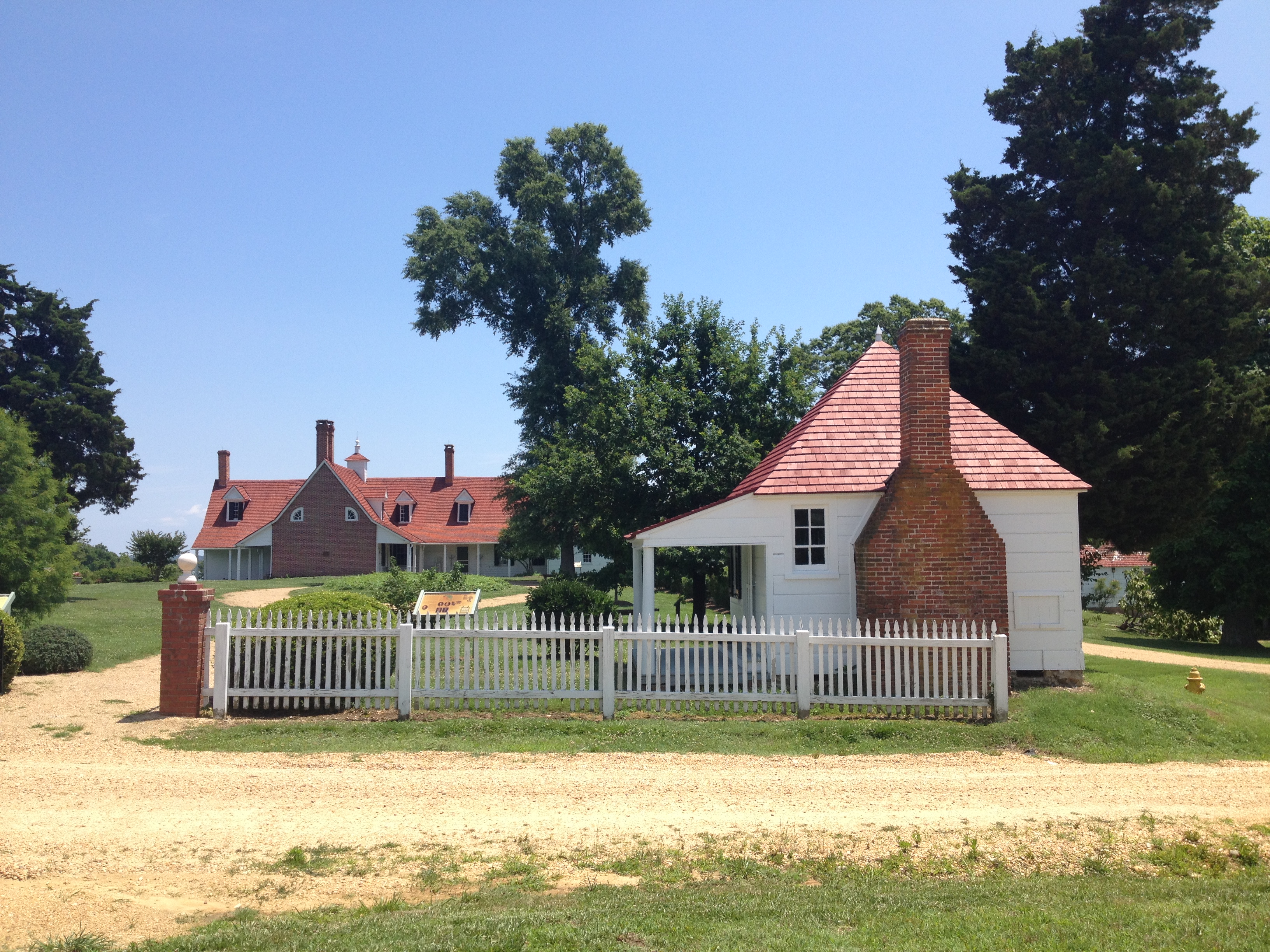 Sotterley Plantation gatehouse project. Photo provided by Nancy Easterling.
Sotterley Plantation gatehouse project. Photo provided by Nancy Easterling.
The Historic Preservation Capital Grant Program promotes the acquisition, restoration, and
rehabilitation of historic properties in Maryland. Eligible properties are limited to those
which are listed in or determined eligible for the National Register of Historic Places, either
individually or as a contributing structure within a district. As of 2026, the program receives
an annual appropriation of $1,000,000 for grants per year. Applications for the Historic Preservation
Capital Grant Program are typically available in February and due in mid-March, with decisions
made by July every year.
Eligible Applicants
The Historic Preservation Capital Grant Program provides grants of up to $100,000 to nonprofits,
local governments, businesses, and individuals for eligible projects. All applicants except for
nonprofit organizations are required to provide a dollar-for-dollar match.
State and federal government entities are eligible to apply as nonprofits; however, projects
involving state and federally owned properties cannot comply with the requirement to convey
a preservation easement to MHT and therefore are not expected to rank highly enough for
funding.
Eligible Projects
Applicants may apply for the following types of capital projects:
- Acquisition
- Rehabilitation or restoration
- Predevelopment costs such as studies, surveys, plans and specifications,
and architectural, engineering, or other special services directly related to
pre-construction work for a capital project (predevelopment costs are only
eligible costs for nonprofit organizations and local government applicants)
Work, or a discrete phase of work, that is already underway or completed is not eligible
for grant funding. A complete list of eligible and ineligible costs is available in
the grant guidelines.
Eligible Properties
All capital projects must benefit a property that is eligible for or listed in the
National Register of Historic Places. Special qualifying criteria are outlined below.
- Structures used for religious purposes are generally eligible for assistance for
exterior work only and are reviewed for eligibility on a case by case basis. Spaces
used primarily for religious purposes or elements bearing religious imagery are not
eligible for funding.
- Cemeteries may be eligible for assistance. In these cases, the applicant must make a
compelling case for the significance of the cemetery.
The permission of the property owner to undertake the project must be secured in writing and
provided as part of the grant application.
Projects are subject to MHT review and must comply with the
Secretary
of the Interior’s Standards for Treatment
of Historic Properties (36 CFR 68), and a preservation easement on the assisted property must
be conveyed to MHT. For more information, visit the Easements page.
Other Requirements
Additional information regarding evaluation criteria and grantees’ responsibilities, including
competitive procurement of services, MHT approval of proposed work, reporting, etc. is provided in
the grant guidelines and
grants
manual. Additional information about preservation easements is available on our
Easements page.
For information about the Capital Grants program, please contact Stacy Montgomery, Capital Programs Administrator
at [email protected] or (410) 697-9559; or
Bill Hersch, Capital Grants and Loans Administrator at [email protected]
or (410) 697-9574.